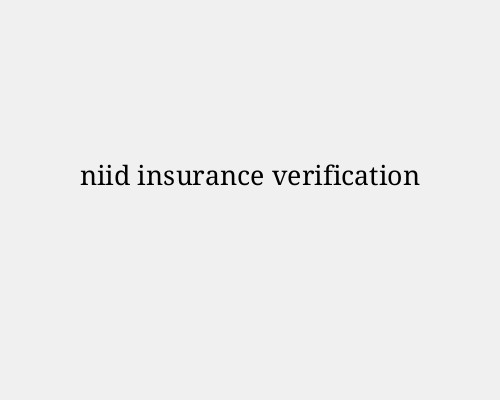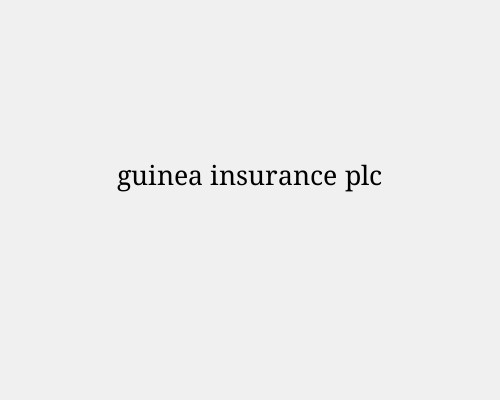Car insurance is an essential requirement for any vehicle owner. It provides financial protection in case of accidents, theft, or damage to your car, and it can also help cover the medical costs of injuries sustained in a crash. In this guide, we will break down everything you need to know about car insurance, including the types of coverage, factors that affect your premiums, and tips for choosing the right policy for your needs.
What is Car Insurance?
Car insurance is an agreement between you and an insurance company, where the insurer provides financial protection against physical damage, bodily injury, or liability resulting from traffic accidents. It covers both the vehicle you drive and the injuries or damages caused to others in the event of a mishap.
Types of Car Insurance Coverage
-
Liability Insurance
- Bodily Injury Liability: This covers the medical expenses of individuals injured in an accident that you caused. It also covers legal fees if the injured party decides to sue you.
- Property Damage Liability: This covers the cost of damages to another person’s property, such as their car, fence, or home, if you’re at fault.
-
Collision Insurance
- This type of insurance pays for the repair or replacement of your vehicle if it is damaged in a collision with another car or object, regardless of who is at fault.
-
Comprehensive Insurance
- Comprehensive insurance covers non-collision-related incidents like theft, vandalism, natural disasters, falling objects, or hitting an animal.
-
Personal Injury Protection (PIP)
- PIP helps cover medical expenses for you and your passengers, regardless of fault. It may also include lost wages, rehabilitation costs, and other related expenses.
-
Uninsured/Underinsured Motorist Coverage
- This coverage protects you if you are involved in an accident with a driver who doesn’t have enough insurance or is entirely uninsured. It can cover both property damage and medical expenses.
-
Medical Payments Coverage
- Similar to PIP, medical payments coverage helps pay for medical expenses for you and your passengers, but it is more limited and may not cover things like lost wages.
Factors That Affect Your Car Insurance Premium
Several factors influence the cost of your car insurance, including:
-
Driving History
- If you have a history of accidents or traffic violations, your premiums are likely to be higher. A clean driving record, on the other hand, can help lower your rates.
-
Type of Vehicle
- The make, model, and age of your vehicle impact your insurance premiums. Expensive or high-performance cars generally have higher premiums because they cost more to repair or replace.
-
Location
- Where you live plays a significant role in your insurance costs. Areas with high traffic or higher crime rates often result in higher premiums.
-
Age and Gender
- Younger drivers and male drivers typically face higher premiums due to statistical data showing they are more likely to be involved in accidents.
-
Credit Score
- In many regions, your credit score can affect your premiums. Insurers believe that individuals with good credit are less likely to file a claim.
-
Coverage and Deductibles
- The more extensive the coverage you select, the higher the premium. Likewise, opting for a higher deductible can reduce your premium.
Tips for Choosing the Right Car Insurance Policy
-
Assess Your Needs
- Determine the coverage level that best suits your situation. If your car is older, for example, you might only need liability coverage, while a new car may require comprehensive and collision coverage.
-
Compare Quotes
- It’s always a good idea to get multiple quotes from different insurers to find the best price. Each insurer has its own way of calculating premiums, so shopping around can save you money.
-
Check for Discounts
- Many insurance companies offer discounts for safe driving, bundling policies (e.g., home and auto), or having features like anti-theft devices in your car.
-
Review the Insurer’s Reputation
- Choose an insurer with a strong reputation for customer service and claims handling. Look for reviews and check the company’s rating with organizations like A.M. Best or the Better Business Bureau.
-
Understand Your Policy
- Read the fine print and understand what is covered and what isn’t. Make sure you know your policy limits, deductibles, and any exclusions.
Car Insurance FAQs
Q: What is the minimum car insurance required by law?
- The minimum requirement varies by location, but generally, liability insurance (covering bodily injury and property damage) is mandatory in most states or countries.
Q: Can I cancel my car insurance at any time?
- Yes, you can cancel your car insurance, but you may face cancellation fees, and depending on your state’s laws, you may need to prove that you have alternative coverage.
Q: Is car insurance cheaper for older cars?
- In some cases, yes. Older cars typically cost less to insure, especially if they have lower market value. However, you may also choose to drop comprehensive and collision coverage to save money.
Q: What should I do if I am involved in an accident?
- First, ensure everyone’s safety and call emergency services if necessary. Then, exchange information with the other driver(s), document the scene, and notify your insurance company.
Conclusion
Car insurance is a critical investment that protects both your vehicle and your finances. Understanding the different types of coverage, the factors that affect your premium, and the best practices for selecting a policy can help ensure that you get the right protection at the right price. Always remember to drive safely, maintain good coverage, and review your policy regularly to adapt to any changes in your circumstances.


